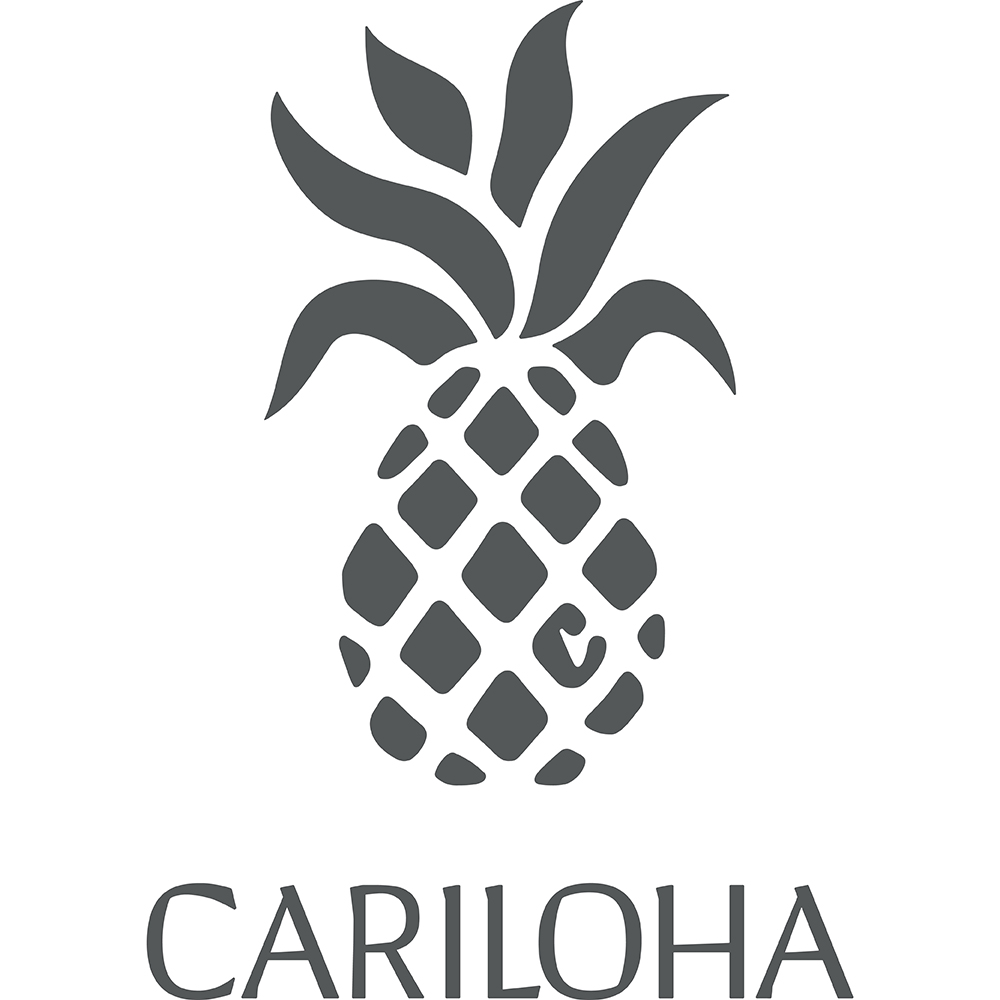



Cariloha

Utah, United States
January 2023
Apparel
Wholesale/Retail
Aruba,
Bahamas The,
Barbados,
Belize,
Canada,
Cayman Islands,
Dominican Republic,
Honduras,
Jamaica,
Mexico,
Netherlands Antilles,
Puerto Rico,
Saint Kitts and Nevis,
Saint Lucia,
United States
Cariloha has its roots in the islands, and their passion for comfort and sustainability was born there – helping customers sleep, live, and feel every day like they do on vacation through their comfortable, carbon-neutral bedding, bath, and apparel. Becoming a B Corp was a natural fit for Cariloha, as sustainable living has been in their DNA since their inception. One of the founding elements of Cariloha was to find and develop a more sustainable fabric, not to follow a trend, but to forge a new path to help save the planet while creating a premium product to share with the world. Cariloha’s commitment to sustainability starts at the source — right out of the ground — and extends all the way to customers’ homes. They start with bamboo, working with it from farm to fabric, not integrating it later as an afterthought. Doing so allows them to develop and release lower-impact products to customers that help them live more comfortably and sustainably. The Cariloha family worldwide has always sought to do good for people and planet and, together with corporate and showroom teams from Hawaii to the Caribbean, they volunteer time, educate customers, and clean up communities through their Cariloha Cares, Sustainable Saturdays, and One Tree Planted initiatives.
Overall B Impact Score
Governance 6.1
Governance evaluates a company's overall mission, engagement around its social/environmental impact, ethics, and transparency. This section also evaluates the ability of a company to protect their mission and formally consider stakeholders in decision making through their corporate structure (e.g. benefit corporation) or corporate governing documents.
What is this? A company with an Impact Business Model is intentionally designed to create a specific positive outcome for one of its stakeholders - such as workers, community, environment, or customers.
Governance 6.1
Governance evaluates a company's overall mission, engagement around its social/environmental impact, ethics, and transparency. This section also evaluates the ability of a company to protect their mission and formally consider stakeholders in decision making through their corporate structure (e.g. benefit corporation) or corporate governing documents.
What is this? A company with an Impact Business Model is intentionally designed to create a specific positive outcome for one of its stakeholders - such as workers, community, environment, or customers.
Workers 20.2
Workers evaluates a company’s contributions to its employees’ financial security, health & safety, wellness, career development, and engagement & satisfaction. In addition, this section recognizes business models designed to benefit workers, such as companies that are at least 40% owned by non-executive employees and those that have workforce development programs to support individuals with barriers to employment.
Community 14.2
Community evaluates a company’s engagement with and impact on the communities in which it operates, hires from, and sources from. Topics include diversity, equity & inclusion, economic impact, civic engagement, charitable giving, and supply chain management. In addition, this section recognizes business models that are designed to address specific community-oriented problems, such as poverty alleviation through fair trade sourcing or distribution via microenterprises, producer cooperative models, locally focused economic development, and formal charitable giving commitments.
What is this? A company with an Impact Business Model is intentionally designed to create a specific positive outcome for one of its stakeholders - such as workers, community, environment, or customers.
Environment 37.5
Environment evaluates a company’s overall environmental management practices as well as its impact on the air, climate, water, land, and biodiversity. This includes the direct impact of a company’s operations and, when applicable its supply chain and distribution channels. This section also recognizes companies with environmentally innovative production processes and those that sell products or services that have a positive environmental impact. Some examples might include products and services that create renewable energy, reduce consumption or waste, conserve land or wildlife, provide less toxic alternatives to the market, or educate people about environmental problems.
What is this? A company with an Impact Business Model is intentionally designed to create a specific positive outcome for one of its stakeholders - such as workers, community, environment, or customers.
Customers 3.8
Customers evaluates a company’s stewardship of its customers through the quality of its products and services, ethical marketing, data privacy and security, and feedback channels. In addition, this section recognizes products or services that are designed to address a particular social problem for or through its customers, such as health or educational products, arts & media products, serving underserved customers/clients, and services that improve the social impact of other businesses or organizations.